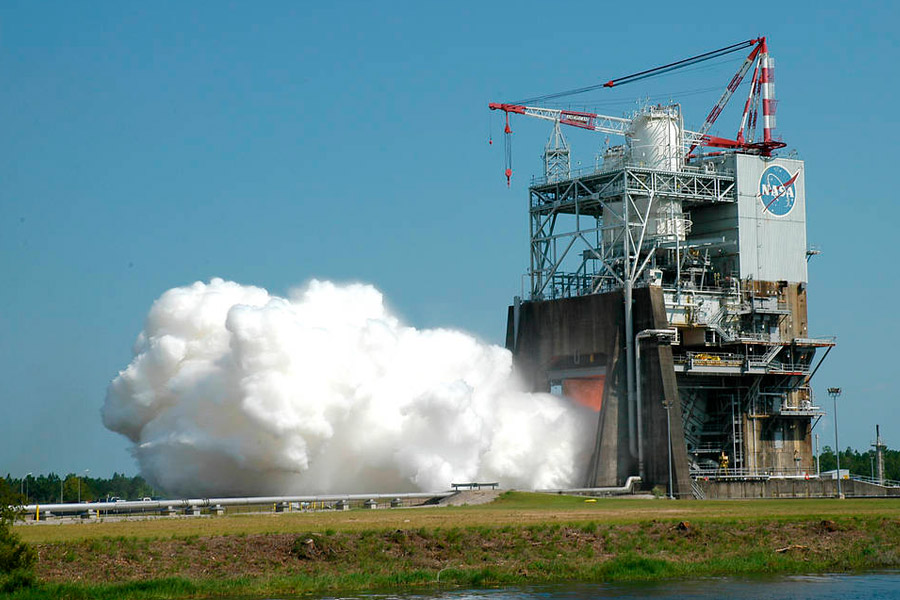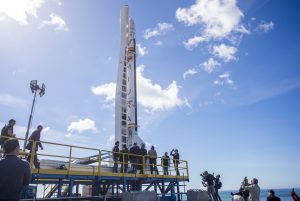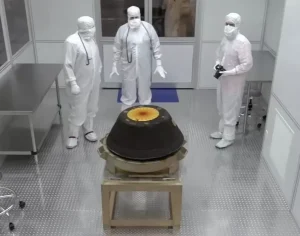PLD Space Completes Successful MIURA 1 Rocket Engine Test
2nd Oct 2020
The Spanish aerospace company, PLD Space, successfully passed an engine test for its MIURA 1 rocket recently.
This company is known for developing reusable space vehicles and in recent weeks, they have been in the process of working on their new MIURA 1 rocket. PLD Space have carried out the relevant safety tests to corroborate the endurance and reliability of the Teprel-B engine, which will propel said suborbital launch vehicle into the sky.
This time, the tests lasted 180 seconds (1.5 times the powered flight time of the MIURA 1 rocket), which shows that the engine is entirely reliable and resistant, according to a message that the company posted through its Twitter account.
During the first days of September, PLD Space announced that it had completed critical tests of its rocket motor, which it has decided to call Teprel-B. The purpose of these tests was to ensure the engine was fully qualified for flight by checking that all technology is working correctly in different situations that are intended to recreate the real conditions that the rocket would face during the mission.
Likewise Raúl Torres, the CEO and co-founder of PLD Space, claimed recently that the name of its rocket engine is the acronym of the project approved by the Centro para el Desarrollo Tecnológico Industrial in Spain (CDTI). This way, Teprel refers to Tecnología de Propulsión Española para Lanzadores, which translates to Reusable Propulsion Technologies for Launchers.
PLD Space tests MIURA 1 Rocket’s engine strength
PLD Space made an announcement through their social networks and published a three-minute video to show the operation of the engine. In its description, they indicated that they ran a test of increased duration and the results of this were very promising.
At the beginning of the video, the aerospace company shared this message: “To date, our Teprel engine successfully passed another milestone in the qualification process with an endurance and confidence test with more than 700 seconds for specific hardware. This is a 180 second test (1.5 times longer than the MIURA 1 rocket flight).”
PLD Space assured that the complete examination was made up of three fire tests. Each of them focused on a different element of the engine’s thrust vector control system. In this way, they could validate their performance, command, and dynamic response.
Founded in 2011 and based in Elche, PLD Space is a Spanish company that develops reusable rockets. It is currently working on two launchers, the MIURA 1 Rocket and the orbital MIURA 5 vehicle.






Thank you for your comment! It will be visible on the site after moderation.